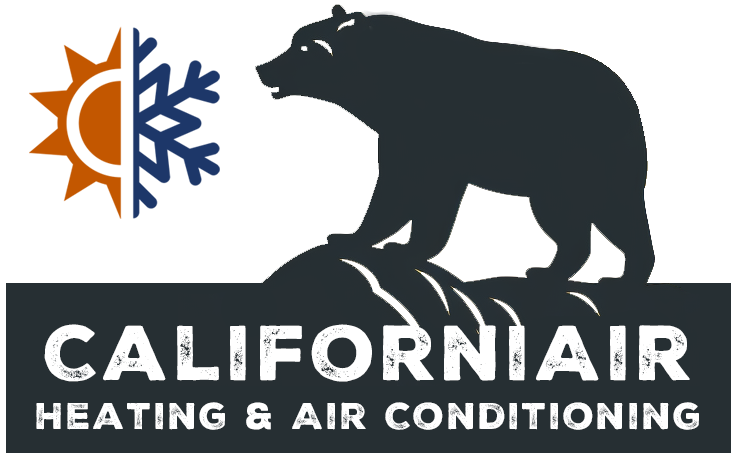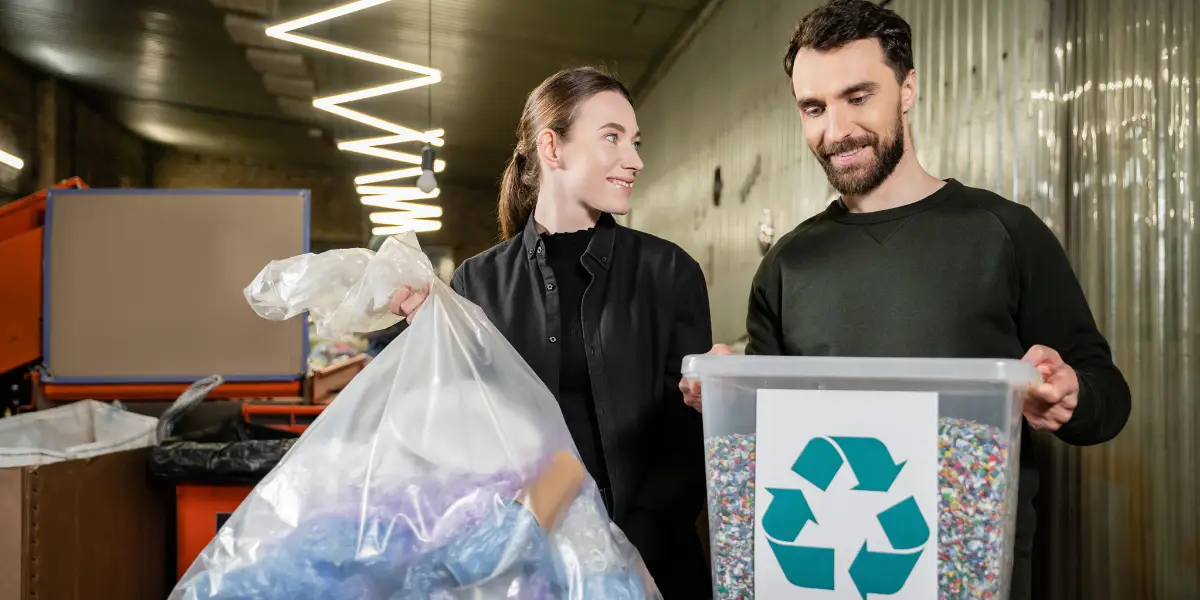As summer temperatures rise, many homeowners in the Bay Area and Silicon Valley find themselves upgrading their old air conditioning (AC) units to more efficient models. While this move improves home comfort and reduces energy bills, it also brings a pressing question: what should you do with your old AC unit? Disposing and recycling old AC units responsibly not only benefits the environment but also aligns with state regulations. In this comprehensive guide by CaliforniAir Heating and Air Conditioning, we’ll cover everything you need to know about proper disposal and recycling practices for old AC units.
Why Proper Disposal and Recycling of Old AC Units Matters
Environmental Impact
Old air conditioners contain refrigerants, oils, and other components that can be harmful to the environment. The refrigerants, typically Hydrochlorofluorocarbons (HCFCs) or Chlorofluorocarbons (CFCs), have been known to deplete the ozone layer and contribute to climate change when released into the atmosphere (Environmental Protection Agency).
Legal Requirements
In California, laws such as the California Refrigerant Management Program (RMP) dictate how refrigerants should be handled. Improper disposal can lead to hefty fines and legal consequences. For example, the state mandates that all businesses and individuals properly recover refrigerants from discarded appliances (California Air Resources Board).
Steps for Proper Disposal and Recycling of Old AC Units
Step 1: Shutdown and Disconnect the Unit
Before you even think about removing your old AC unit, ensure it is safely shut down and disconnected from the power source. This step often involves flipping the circuit breaker and unplugging the unit.
Step 2: Recover the Refrigerant
This step is crucial and must be performed by a certified professional due to the dangers associated with refrigerant handling. Certified technicians use specialized equipment to safely recover and store the refrigerant. CaliforniAir Heating and Air Conditioning offers professional services to ensure compliance with state and federal guidelines.
Step 3: Remove and Recycle Components
Once the refrigerant has been safely recovered, the unit can be disassembled:
- Metals: Components like copper tubing, aluminum, and steel can be recycled through local metal recycling programs.
- Plastic Parts: Some parts made of plastic may also be recyclable.
- Electronic Waste: The circuit boards and electronic components should be taken to an e-waste recycling facility.
Step 4: Proper Disposal of Non-Recyclable Parts
Any remaining non-recyclable parts must be disposed of according to local waste management guidelines. It’s essential to check with your local waste management service for specific instructions.
Step 5: Documentation and Certification
Ensure you receive documentation certifying that the refrigerant was recovered and the unit was disposed of according to legal requirements. This certification may be needed for regulatory purposes.
Local Facilities and Services for AC Unit Disposal in the Bay Area
There are several facilities in the Bay Area where you can take your old AC unit for proper disposal and recycling:
- Santa Clara County Household Hazardous Waste Program: This program accepts AC units and ensures they are responsibly recycled.
- San Mateo County Office of Sustainability: Provides resources and locations for safe disposal.
- CaliforniAir Heating and Air Conditioning: We offer complete removal and disposal services for old AC units. Contact us at (408) 705-8761 or email info@calhvac.com.
Proper disposal and recycling of old AC units are essential for environmental protection and compliance with California regulations. By following the steps outlined in this guide, you can ensure that your old unit is disposed of responsibly. For expert assistance, reach out to CaliforniAir Heating and Air Conditioning, your trusted HVAC contractor serving Santa Clara County, San Mateo County, Alameda County, San Benito County, Santa Cruz County, and Monterey, CA.
Don’t hesitate to call us at (408) 705-8761 or email info@calhvac.com for all your HVAC needs. Let’s work together to create a greener, cleaner Bay Area!
frequently asked questions
Why is it important to recycle old AC units?
Recycling old AC units is crucial because they contain harmful refrigerants and materials that can damage the environment if not properly managed. Moreover, recycling conserves valuable resources like metals and plastics.
Can I dispose of my old AC unit in the regular trash?
No, disposing of an AC unit in the regular trash is illegal due to the hazardous materials they contain. You must follow proper disposal and recycling protocols to comply with state and federal laws.
How much does it cost to dispose of an old AC unit?
The cost varies depending on the method and facility used. Some recycling programs might offer free services, while others may charge a fee for refrigerant recovery and disposal. CaliforniAir Heating and Air Conditioning provides affordable and compliant disposal services.

